How To Find the Best Air Coolers in Nigeria and What To Look For
How To Find the Best Air Coolers in Nigeria and What To Look For
Air coolers are becoming increasingly popular in Nigeria, providing relief from the sweltering heat of the country’s long and hot summers. Air coolers provide an efficient and cost-effective way to cool your home or office, and they also have the added benefit of being eco-friendly. But before buying an air cooler, it’s important to know what to look for in order to get the best air cooler for your needs. In this article, we’ll provide an overview of the different types of air coolers available in Nigeria, as well as tips on how to find the best air cooler to suit your needs. We will also discuss the important features to consider before making a purchase, such as the air cooler’s size, power consumption, and cooling capacity. Finally, we will provide some helpful advice on how to maintain your air cooler to ensure it runs efficiently for many years to come.
Types of Air Coolers in Nigeria
There are 3 main types of air coolers available in Nigeria: – Counter-top air coolers: Counter-top air coolers are designed to be placed directly on top of a table or other flat surface. These models are relatively small and quiet, making them an ideal choice for use in an office. They generally have a smaller cooling capacity than other types of air coolers, making them best suited to cooling small spaces. – Wall-mounted air coolers: Wall-mounted air coolers are typically larger than counter-top air coolers, and therefore better suited to cooling larger areas. Since they are designed to be mounted on the wall, they take up less space than other types of air coolers and have the added advantage of being out of the way. However, since they are mounted on the wall, you need to be sure that the wall you are mounting them on can support the weight of the air cooler. – Portable air coolers: Portable air coolers are lightweight and easy to move from place to place, making them ideal for cooling areas that require flexibility, such as offices or conference rooms. Portable air coolers are generally less powerful and less efficient than other types of air coolers, but they make up for this with their mobility.
Factors to Consider When Choosing an Air Cooler
– Size: One of the most important factors to consider when choosing an air cooler is its size. You need to ensure that the air cooler you choose will fit in the space where you plan on placing it. An air cooler’s size will be indicated in cubic meters (m³), with smaller air coolers having a lower m³ rating. – Power consumption: Air coolers generally consume between 3 and 15 kilowatt hours (kWh) per day. However, it’s important to note that the wattage rating of an air cooler does not necessarily correspond to its power consumption. Therefore, it’s important to carefully read the air cooler’s product specifications when choosing an air cooler to ensure it has the required power rating for your home. – Cooling capacity: The cooling capacity of an air cooler indicates how efficiently it can cool a room. To determine the cooling capacity of an air cooler, you need to know its cooling capacity per hour (CCPH) and the room’s volume in cubic meters (m³). – Additional features: Some air coolers come with additional features that may make them more desirable, such as remotes, programmable timers, or humidifiers.
How to Find the Best Air Cooler for Your Needs
– Define your cooling requirements: You need to first determine your cooling requirements to narrow down your options. Air coolers are usually rated based on their cooling capacity per hour (CCPH), so you can use this rating to determine which air cooler will be best suited to your needs. – Consider your budget: Air coolers can vary greatly in price, so you need to consider your budget when choosing a model. Generally speaking, the more expensive air coolers tend to be more energy efficient, have better build quality, and have additional features. – Choose the best Air Cooler for your space: You also need to make sure that the air cooler you choose has the required cooling capacity for your space. Generally speaking, larger air coolers with a higher cooling capacity are better suited to larger spaces, while smaller air coolers are better suited to smaller spaces.
How to Maintain Your Air Cooler
– Cleaning the air cooler’s filters: One of the most important ways to maintain your air cooler is to clean its filters. Dirty filters can reduce the efficiency of your air cooler, so it’s important to regularly clean them. You should clean your air cooler’s filters once a week, or once every two weeks during humid weather, using a vacuum cleaner or a soft brush. – Changing the air cooler’s water and oil: You also need to regularly change the water and oil in your air cooler to ensure it operates efficiently. Once every month or two, you need to change the water and oil in your air cooler. However, keep in mind that the exact timing will depend on the model that you have. – Troubleshooting common issues with your air cooler: If your air cooler is not operating as efficiently as it once was, you may need to troubleshoot any issues it may be experiencing. This may include repairing a clogged filter, replacing a faulty motor, or cleaning any dirty areas within the air cooler. It may also be helpful to consult your air cooler’s user manual.
Conclusion
Air coolers are an ideal way to cool your home or office during the long and hot Nigerian summers. They are cost effective, eco-friendly, and provide efficient cooling, making them a great choice for many people. When choosing an air cooler, it’s important to first determine your cooling requirements, and then choose the best air cooler for your space. You also need to regularly clean the air cooler’s filters, change the air cooler’s water and oil, and troubleshoot any issues that may occur.


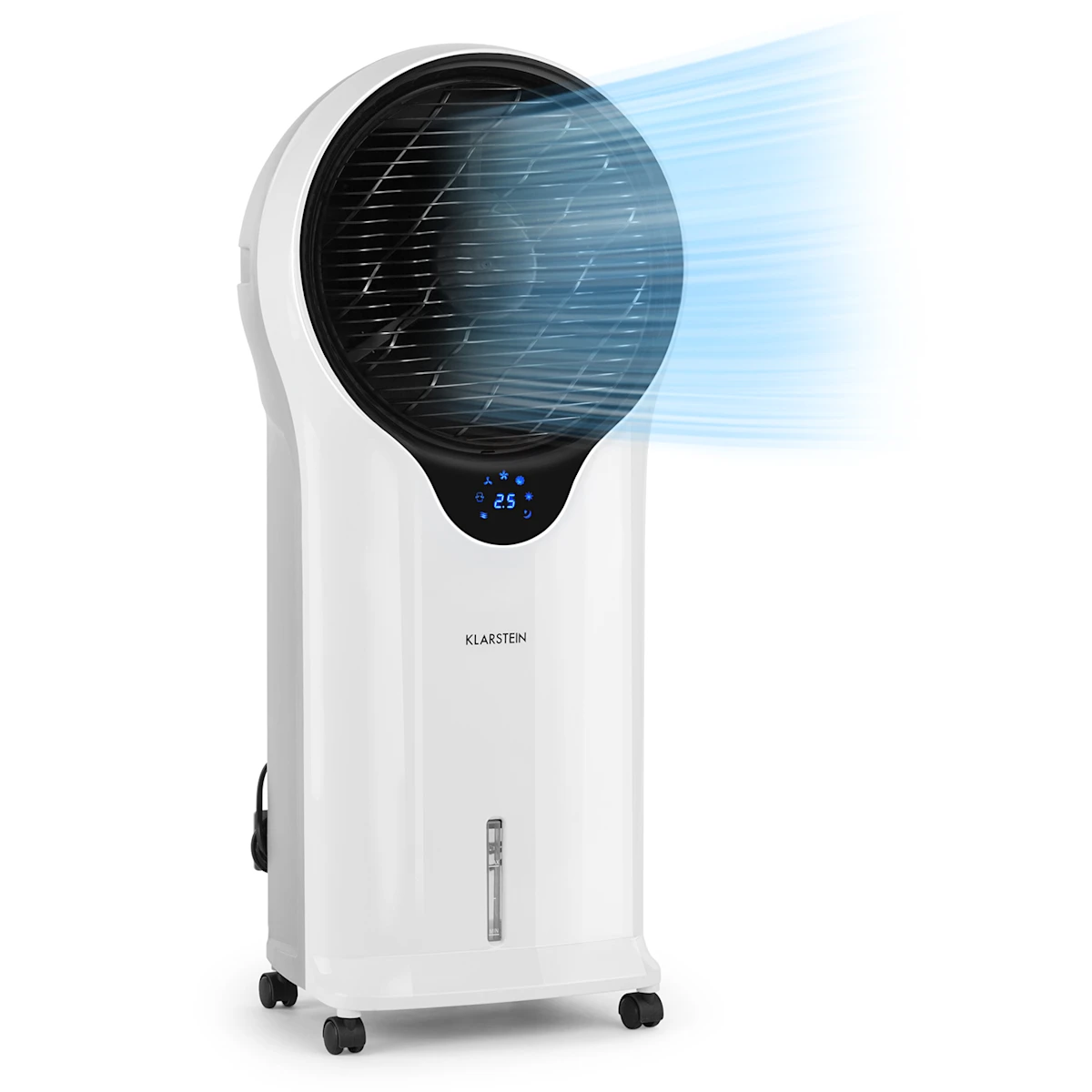
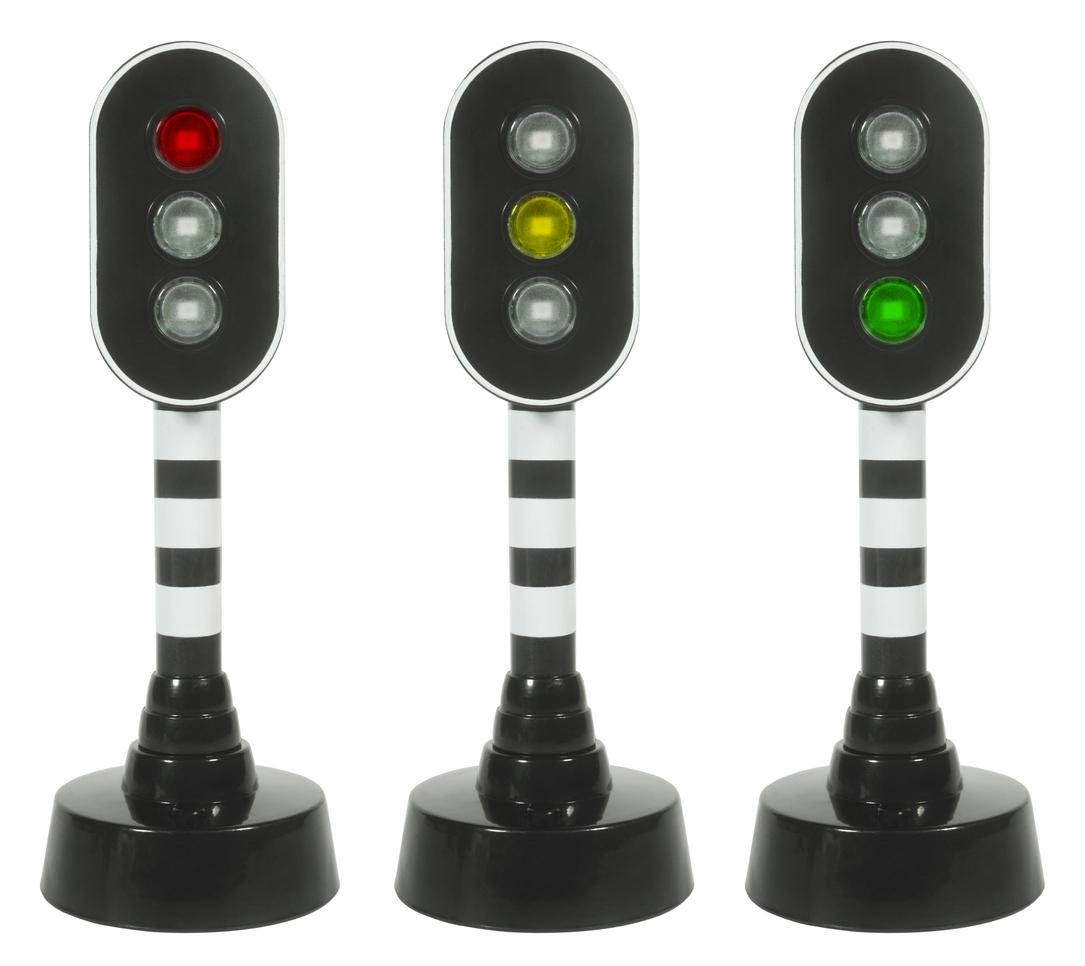

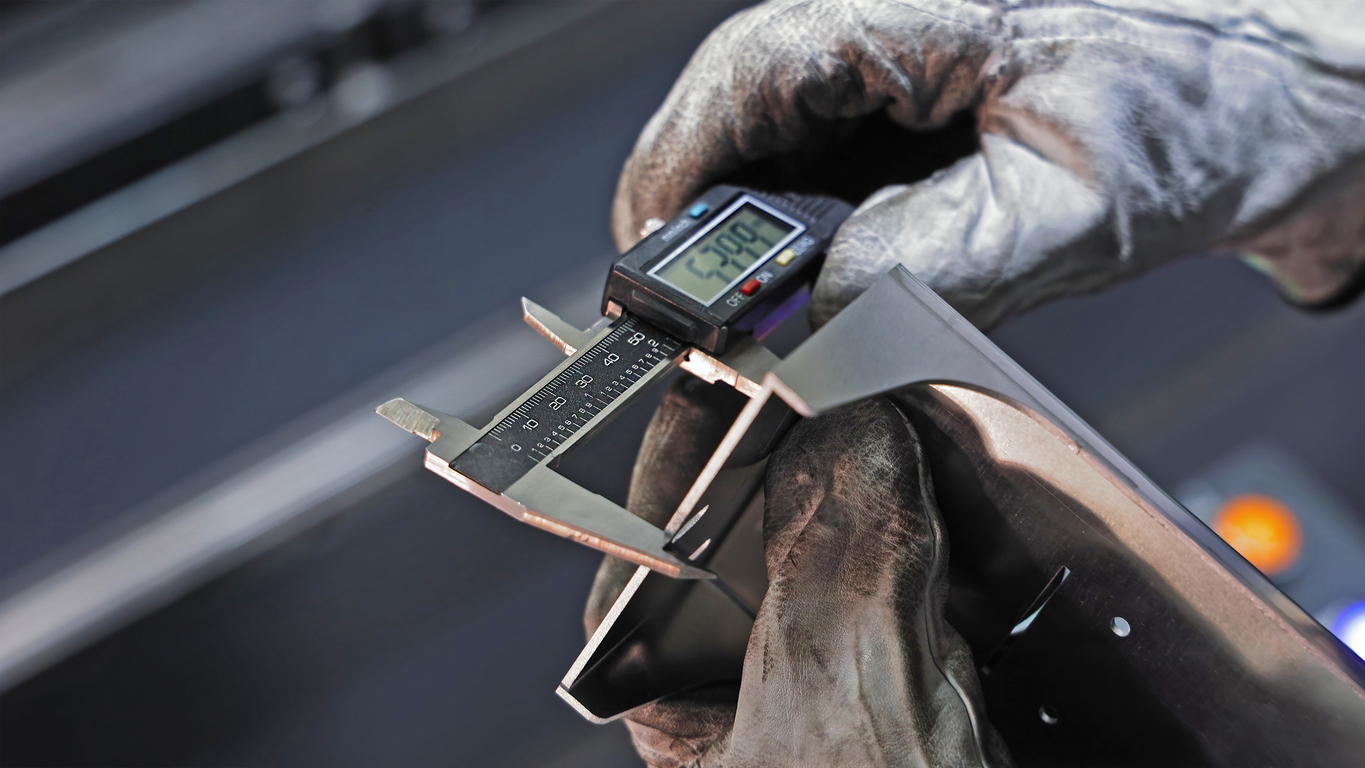
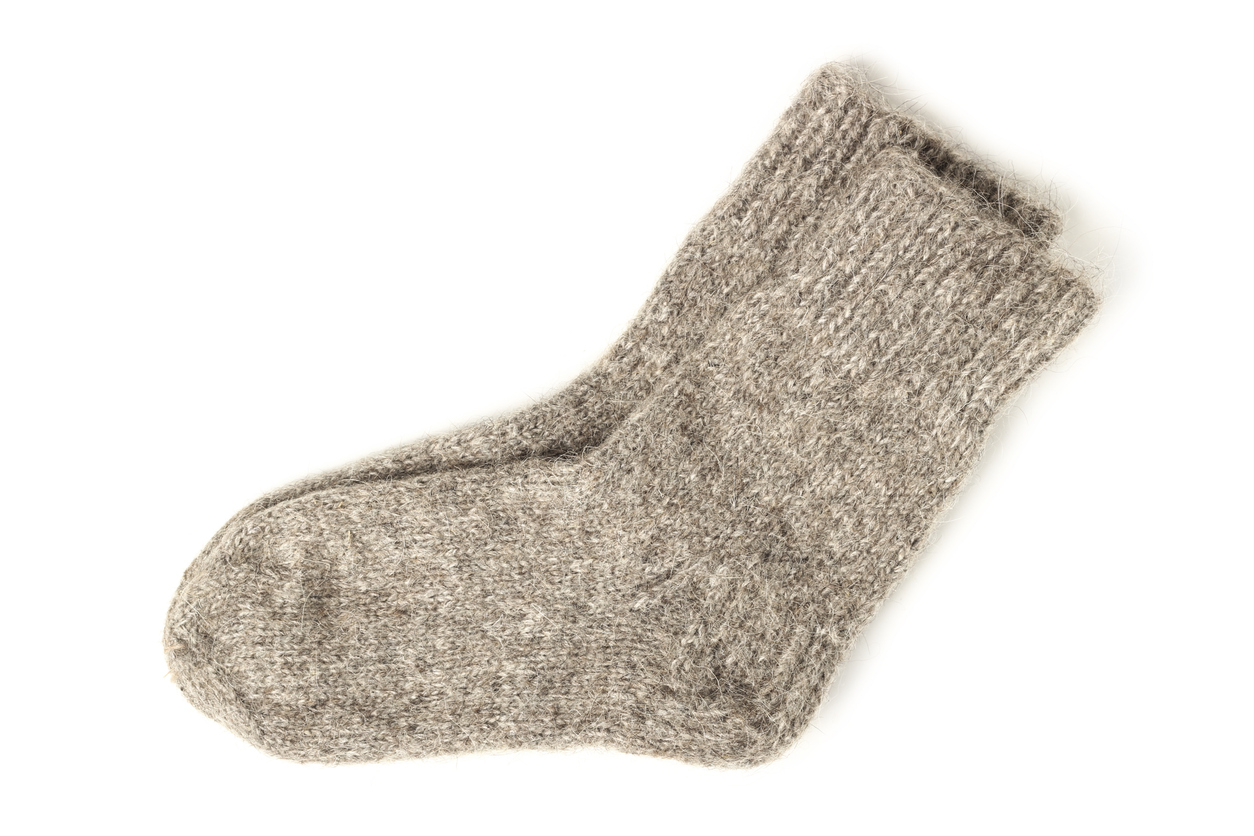
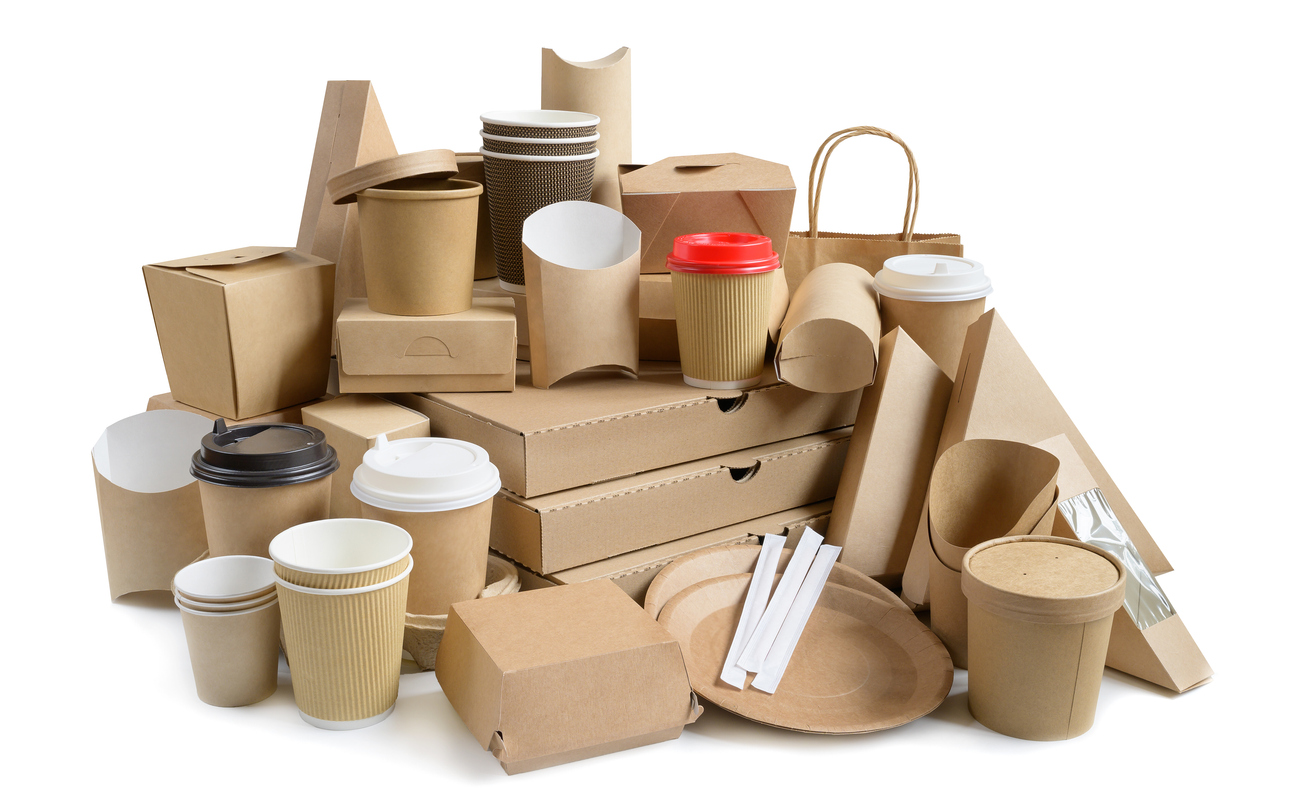
LEAVE A COMMENT
You must be logged in to post a comment.